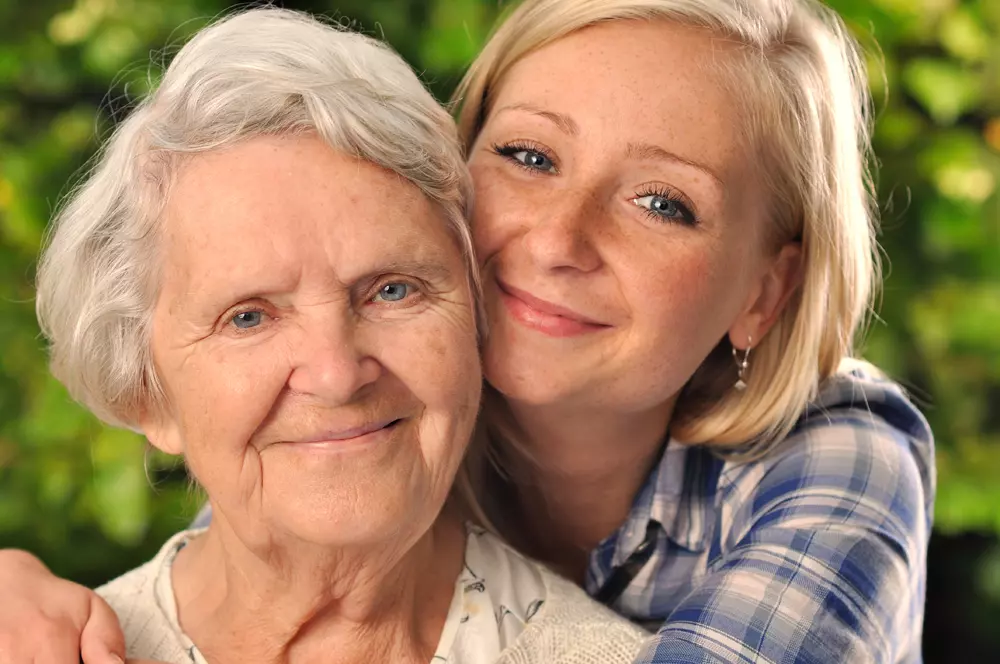
As we grow older, maintaining an active and healthy lifestyle becomes increasingly important. The notion of "active aging" is all about staying fit, energetic, and independent well into our golden years. By incorporating various exercises, diet plans, and lifestyle changes, seniors can embrace active aging and enjoy fulfilling lives. In this article, we will explore practical tips to help you or your loved ones stay active and age gracefully.
A guide to health and independence for seniors
Active aging is crucial for seniors looking to maintain their health and independence. It's more than just physical fitness; it's a holistic approach to well-being that encompasses exercise, diet, and lifestyle choices. By embracing active aging, seniors can enjoy numerous benefits that enhance their quality of life.
Benefits of active aging:
Find YOUR ideal care home NOW!
-
Improved physical health: Regular exercise is key to maintaining muscle mass, bone density, and flexibility. It also reduces the risk of chronic diseases such as heart disease, diabetes, and osteoporosis.
-
Enhanced mental health: Physical activity stimulates the release of endorphins, reducing symptoms of depression and anxiety. Staying mentally engaged through activities like puzzles or learning new skills promotes cognitive health.
-
Social engagement: Participating in group activities fosters social connections, combating loneliness and isolation commonly experienced by seniors.
-
Independence: By staying physically and mentally fit, seniors can maintain their independence and enjoy a higher quality of life.
Exercise tips for seniors:
-
Aerobic exercise: Activities like walking, swimming, or dancing improve cardiovascular health. Aim for at least 150 minutes of moderate-intensity aerobic exercise per week.
-
Strength training: Incorporate exercises with resistance bands or light weights to build and maintain muscle mass. Aim for 2-3 days of strength training per week.
-
Flexibility and balance: Practice stretching and balance exercises to prevent falls and improve mobility. Yoga and tai chi are excellent options.
-
Low-impact options: Consider water aerobics or stationary biking for joint-friendly exercise.
Diet plans for healthy aging:
-
Balanced diet: Consume a variety of fruits, vegetables, whole grains, lean proteins, and healthy fats for essential nutrients.
-
Hydration: Aim for at least eight glasses of water daily to support bodily functions.
-
Portion control: Be mindful of portion sizes to manage calorie intake and maintain a healthy weight.
-
Limit processed foods: Minimize consumption of processed and sugary foods to reduce the risk of chronic health conditions.
Lifestyle changes for active aging:
-
Regular check-ups: Schedule health check-ups to monitor overall well-being and address health concerns.
-
Stay mentally active: Engage in activities that challenge the mind, such as reading or puzzles.
-
Socialize: Maintain an active social life by participating in clubs or spending time with friends and family.
-
Manage stress: Practice stress-reduction techniques like meditation or deep breathing.
Balanced Diet Plan for Healthy Aging
| Food Group | Benefits | Examples of Foods |
|---|---|---|
| Fruits and Vegetables | Rich in vitamins, minerals, and fiber. | Apples, carrots, broccoli, oranges, spinach |
| Lean Proteins | Supports muscle strength and repair. | Fish, chicken, eggs, tofu, legumes |
| Dairy | Provides calcium for strong bones. | Milk, yogurt, low-fat cheese |
| Whole Grains | Provides energy and supports digestion. | Whole wheat bread, quinoa, brown rice, oats |
| Healthy Fats | Supports heart and brain health. | Avocados, nuts, olive oil, fatty fish |
In conclusion, embracing active aging is essential for seniors to lead fulfilling lives. By incorporating regular exercise, a balanced diet, and positive lifestyle changes, seniors can enhance their physical and mental well-being while maintaining independence. Remember, it's never too late to start, and small changes can make a big difference. Embrace active aging, and let your golden years be filled with vitality and happiness.
FAQ: Active Aging and Senior Well-being
1. Why is physical activity important for seniors?
Regular exercise helps maintain muscle strength, flexibility, and balance, reducing the risk of falls and chronic diseases.
2. What is the best exercise for seniors?
Walking, swimming, and yoga are excellent choices as they are gentle on the joints while improving overall health.
3. How can seniors improve their diet for healthy aging?
A diet rich in fruits, vegetables, lean proteins, whole grains, and healthy fats while avoiding processed foods is ideal.
4. How often should seniors see a doctor?
Annual check-ups are recommended to detect and address potential health concerns early.
5. What are the benefits of staying socially active?
Social interactions help prevent depression, boost cognitive function, and improve overall well-being.
6. How can seniors manage stress and anxiety?
Relaxation techniques like meditation, deep breathing, and engaging in hobbies can help reduce stress.
7. Can a senior start exercising even if they never have before?
Yes, it’s never too late. Seniors should start with gentle activities and seek medical advice before beginning a fitness routine.
8. Why is preventive healthcare important for seniors?
Preventive care, such as vaccinations and screenings, helps detect health issues early and improve longevity.
9. How can seniors maintain independence in daily life?
A combination of a balanced diet, regular exercise, and a safe home environment helps seniors stay independent.
10. What are the long-term benefits of an active lifestyle?
An active lifestyle supports longer life expectancy, preserves cognitive function, and enhances overall quality of life.
For assistance in finding a care home or facility suited to your needs, contact us at 0230 608 0055 or fill out our online form.
Share this article :
Latest posts
You are looking for an establishment for your loved one ?
Get availability & prices
Fill in this form and receive
all the essential information
We would like to inform you of the existence of the opposition list for telephone canvassing.











